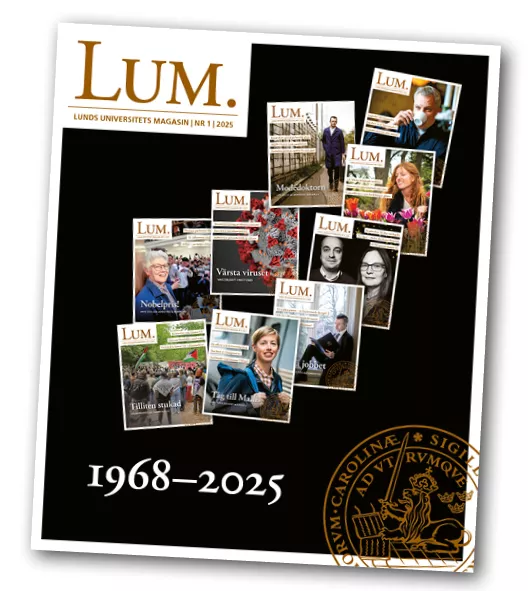The subject of degrowth awakes a lot of interest. Its critics are as vocal as its proponents. Fredrik N G Andersson, assistant professor at the Department of Economics, belongs to the critics. He argues that the degrowth paradigm is wrong in its fundamental premise, and we must protect the social welfare system that we have today.
“The society we have succeeded in creating, with a functioning economy that creates welfare and democracy, is unique in human history, and we need to protect it. To go in and destroy all that through degrowth would be to play with fire,” he says.
Growth – and less emissions
Fredrik N G Andersson has long researched the effects of the transition to an economy without fossil fuels and agrees with the degrowth researchers on one thing – emissions must be reduced and quickly. At the same time, he is convinced that the transition should happen within the framework of market economics. There is no automatic connection between growth and increased carbon emissions, he says and points to a diagram on his computer screen.
“Here, we can see the United Kingdom’s emissions are down on the same level as the 1850s. Sweden is at the levels we had in the 1960s. Those of the USA are also going down. And yet we have had growth. Just because we are getting richer doesn’t mean we are damaging the climate more.”
Advantages with market economy
He does not see ceasing to produce and consume as a solution. But we do need to change what it is we produce and consume. Steel and chemical manufacturing are currently large emitters, IT and services are almost emissions-free. Fredrik N G Andersson points to several advantages of market economics – it lifts people out of poverty, encourages democracy and depends on good competition. It has financed our healthcare and schools. All this would be lost with degrowth, he argues.
And yet, we cannot continue on as normal.
“Our lifestyles are not sustainable and something needs to change. But does that mean we should attack growth? Or attack the things that are not sustainable?”
Attack certain sectors
Fredrik N G Andersson points to more diagrams. He has divided the four biggest sources of emissions into four categories – basic industry, transport, agriculture and electricity production. Together, these equate to 80 per cent of all Swedish emissions.
“We have to attack the sectors with high emissions, and it will require tough measures.”
We can save the planet with the help of market economics, of that he is sure. Degrowth, however, is a way of dismantling the welfare state.
“It doesn’t make sense. Those who advocate for degrowth are pretending we can have healthcare and schools, but we are not going to produce welfare to pay for it all.”




